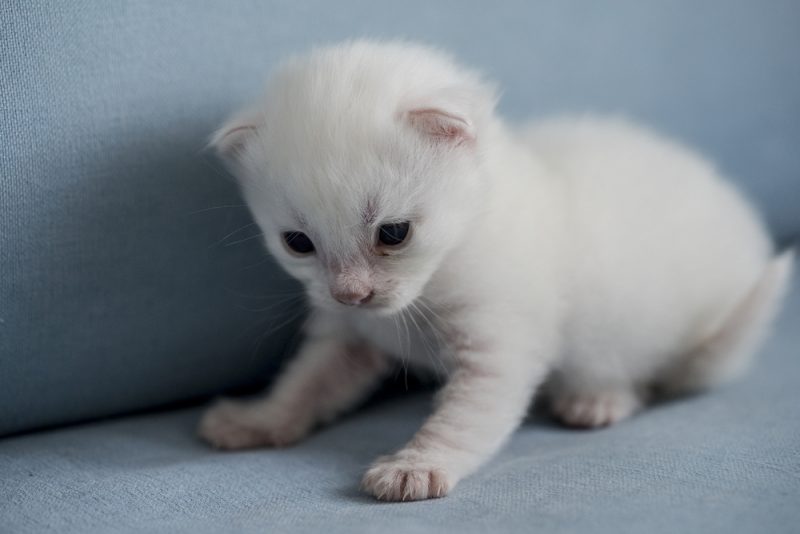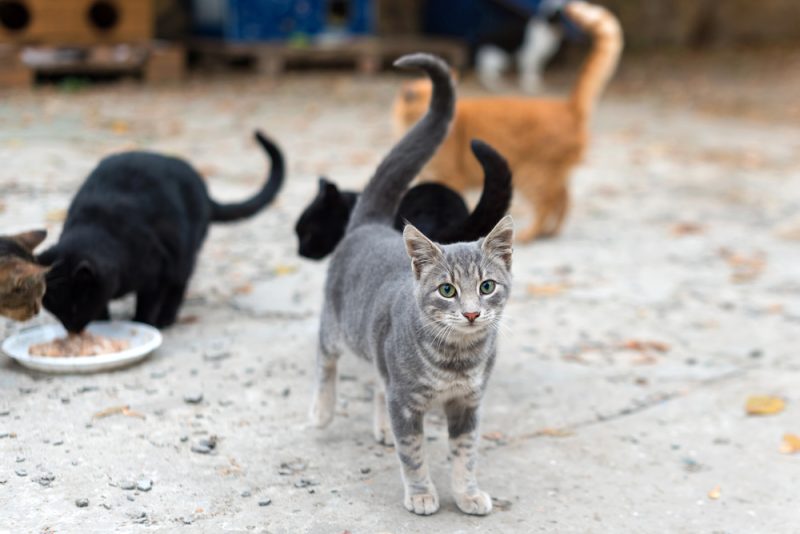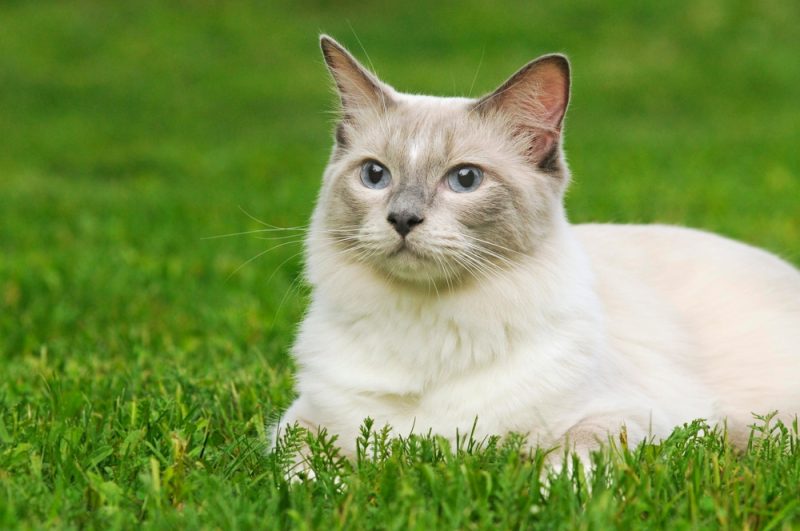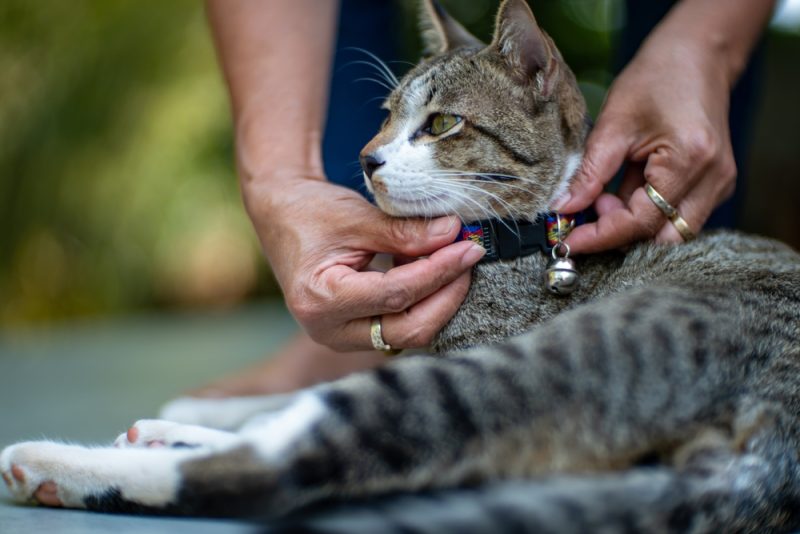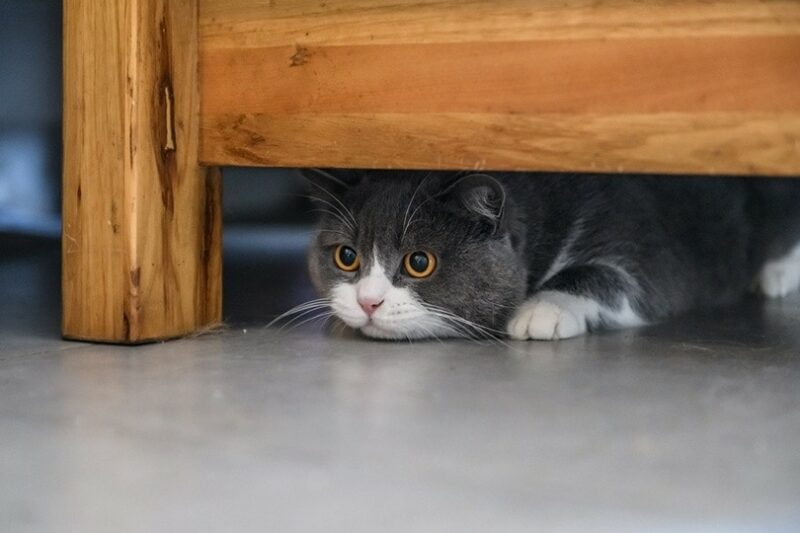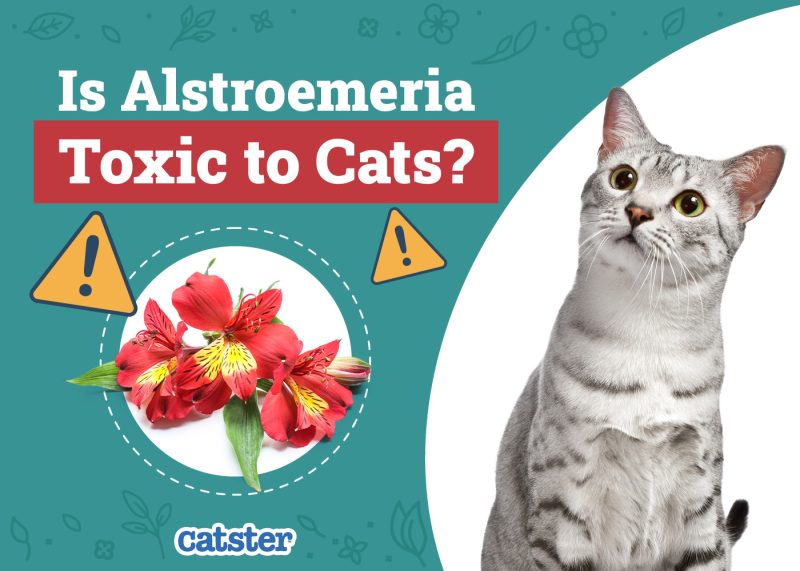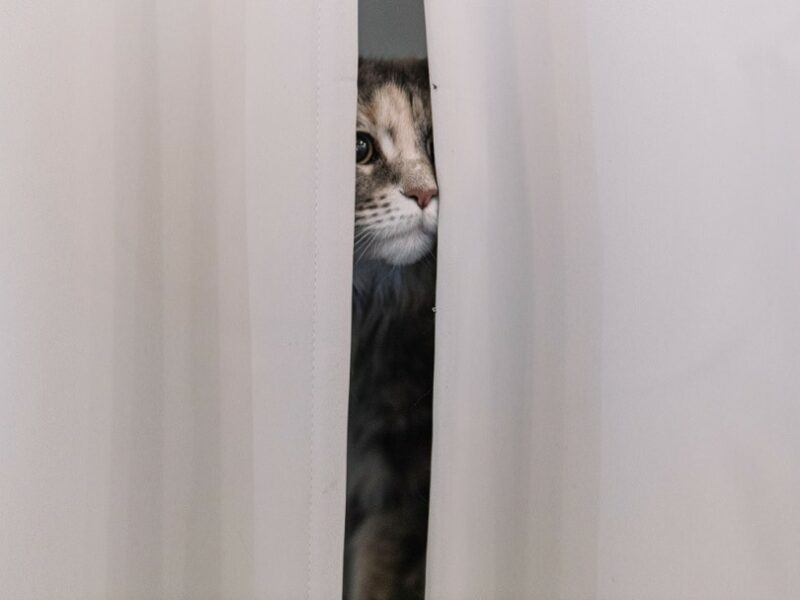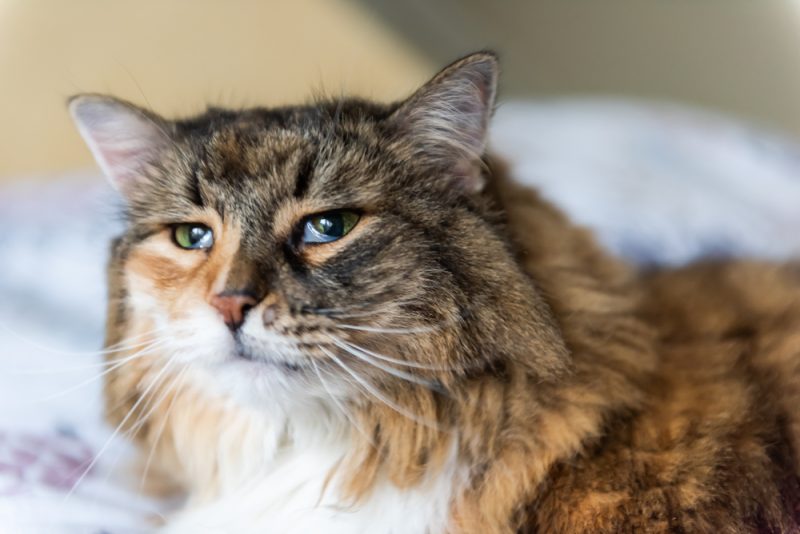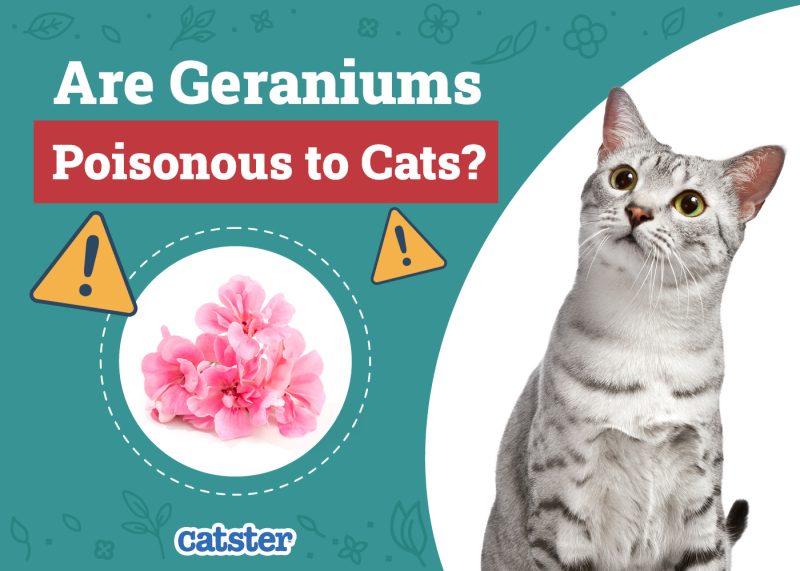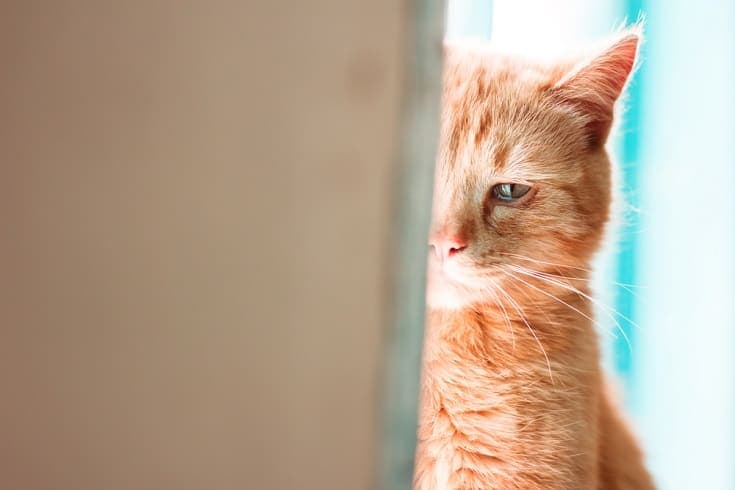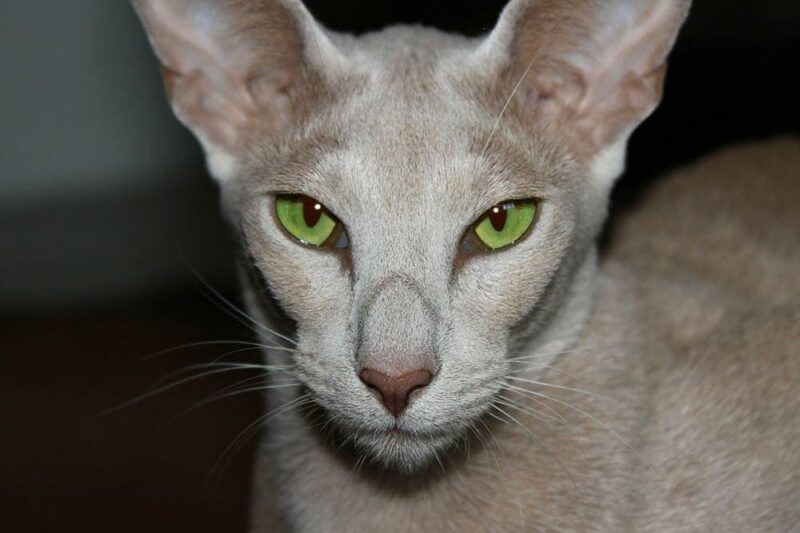In this article
If you bring home a kitten from a rescue shelter, it can be challenging to determine the kitten’s exact lineage, and you may be wondering whether they will be long-haired or short-haired. Often, the shelter may know the mother, but the father may be a mystery. In that case, even if the mother is long-haired, there is no guarantee that her kittens will be the same, as the father’s genetics play a part, too.
To make matters more confusing, most kittens have soft and fluffy coats when they are young, regardless of their breed. You will typically have to wait about 8 weeks before differences begin to show. So, how can you tell if your kitten will be short or long-haired? There are a few ways to determine with relative accuracy which coat your kitten will have. Read on to find out how!

Genetics
The simplest method of determining whether your cat will have a long or short coat is by their genetics.1 If the kitten’s mother is long-haired, chances are high that some of her kittens will be long-haired, even when fathered by a short-haired male. Some may have medium-length coats, and others a short-haired coat, but the mother’s genetics will cause long or medium-length hair in most of the kittens, especially if she is a purebred, long-haired cat like a Persian.
If the mother is a mixed breed, there are likely to be more variations, and it can be far more challenging to predict, especially if the father is not known. Try to get information about both parent breeds, as it will likely give you a good indication of what to expect.
Four genetic mutations produce long-haired cats, three of which are relatively breed-specific, while the fourth can be found in all long-haired breeds and mixed breeds. If you wanted to, you could take the kitten to be tested by a vet to check whether any of these genes are present.


Physical Traits
Kittens will usually start exhibiting tell-tale traits at around 8 weeks old that will indicate the likelihood of their coat being long or short. If your cat is going to have long hair, you should notice the tail beginning to get fluffy, and they’ll start showing signs of ear tufts and tufts of fur around their paws. These may be slight initially, but such traits are absent in short-haired cats, so with these signs, you can be sure you’ll have a long-haired or at least a medium-haired adult cat.
Another physical trait to look for is the appearance of markings. Long-haired cats commonly have smokey, swirling, or tortoiseshell patterns in their fur, though that is not always true. If your cat has these patterns and traits, they will likely have long hair. Kittens with smooth and shiny hair, as opposed to fluffy, thick hair, will most likely be short-haired.
It’s best to wait until a kitten is around 10–12 weeks before adopting them. That way, they will display the signs of whether they’ll be long or short-haired.
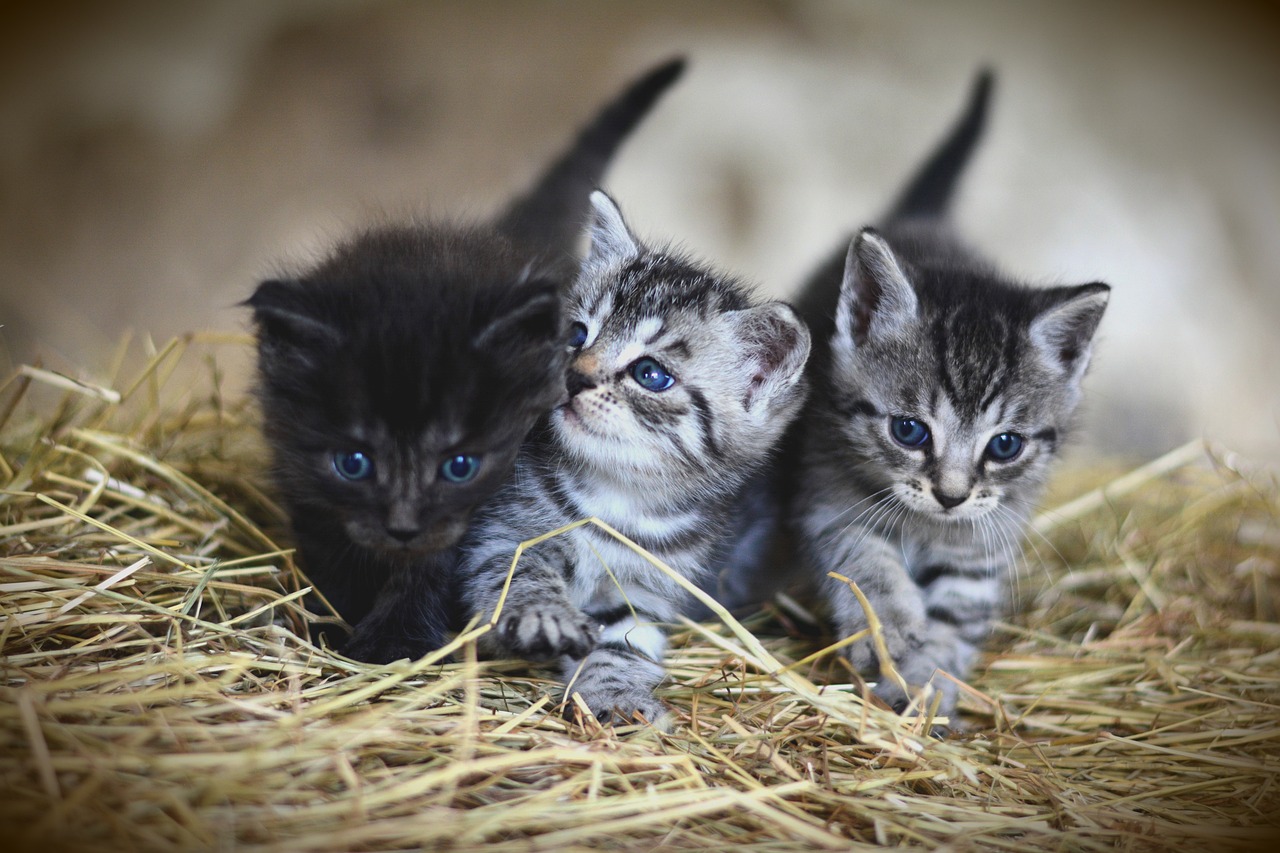

Final Thoughts
Even long-haired kittens look the same up to around 8 weeks so it can be difficult to tell if it will be a long-haired or short-haired cat without knowing the parents. However, after that point, they begin to show signs that will make it easier to predict—namely, a fluffy tail, ear tufts, and hair between the toes. Finding as much information as possible about the parent breeds will also help you predict their coat more accurately.
- Related Read: What Breed is My Cat? Identification Guide
Featured Image Credit: Khalilah Mohd Nor, Shutterstock
